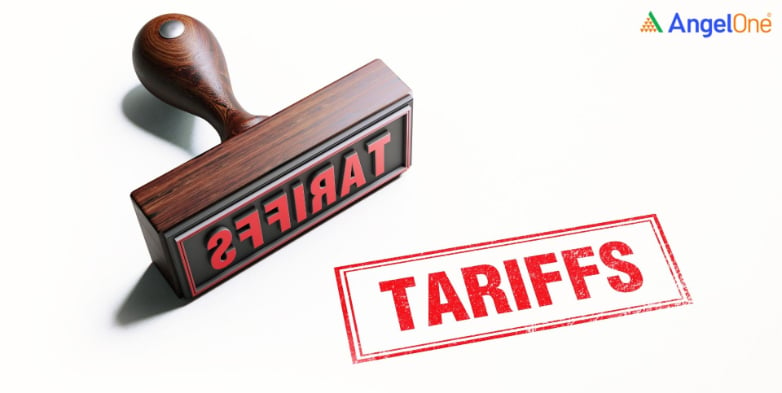
President Trump’s import tariff policy faces uncertainty as the Supreme Court seems inclined to strike it down. However, alternative legal provisions give him several avenues to enforce import taxes again, shielding his protectionist trade agenda.
The Supreme Court has expressed doubts about Trump's reliance on the 1977 Emergency Powers Act to justify sweeping tariffs. But other trade laws provide pathways he could still enact import duties. Section 301 of the 1974 Trade Act allows tariffs on countries engaged in unfair trade practices. Trump previously used this tool to target China, and notably, these tariffs can be extended beyond 4 years.
The Trade Expansion Act of 1962 under Section 232 has served as a foundation for Trump’s tariffs on steel, aluminium and even furniture. These duties can be imposed if imports threaten national security. Since investigations are led by the Commerce Department itself, the process enables significant executive discretion and control.
Read More: Trump Tariffs Cause 37.5% Drop in Indian Exports, Key Sectors Hit Hard!
Section 338 of the 1930 Smoot-Hawley Tariff Act empowers the president to impose up to 50% tariffs without requiring investigations or expiration dates. Though never actually used, this law is a potent fallback option if emergency powers are withdrawn. The Trump administration has even hinted at using this as Plan B.
Section 122 of the 1974 Trade Act enables the president to impose up to 15% tariffs for 150 days, specifically addressing trade imbalances. It offers immediate action without the need for investigations but is limited in duration and scope.
While the Supreme Court appears poised to curtail Trump's tariff authority under emergency powers, other tools from past trade laws provide ample scope for continued imposition of duties on imports. These options ensure that tariffs may remain a prominent aspect of Trump's economic policy.
Disclaimer: This blog has been written exclusively for educational purposes. The securities or companies mentioned are only examples and not recommendations. This does not constitute a personal recommendation or investment advice. It does not aim to influence any individual or entity to make investment decisions. Recipients should conduct their own research and assessments to form an independent opinion about investment decisions.
Investments in securities are subject to market risks. Read all related documents carefully before investing.
Published on: Nov 6, 2025, 3:46 PM IST

Team Angel One
We're Live on WhatsApp! Join our channel for market insights & updates